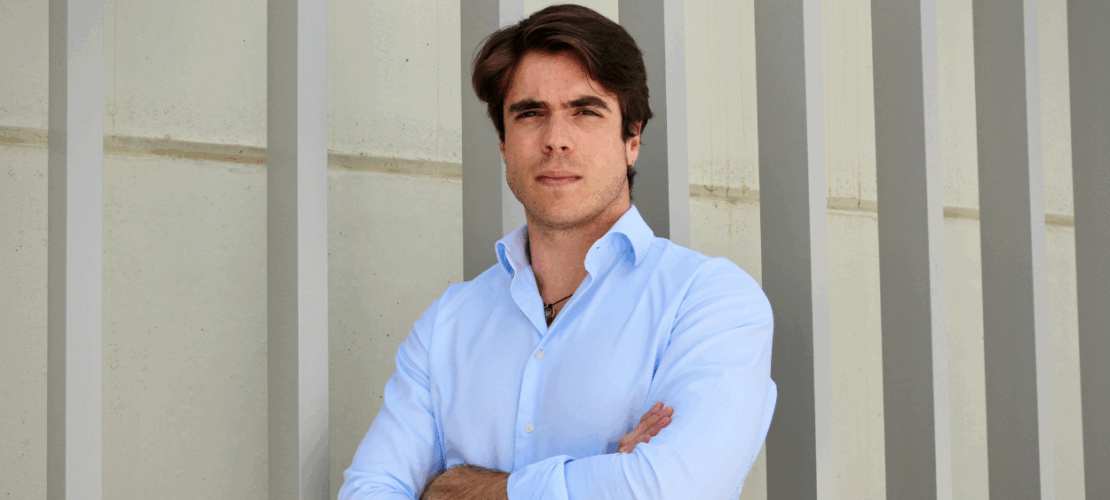Beyond Partnership
More and more young people are discarding the partnership as a goal. Values are changing, careers are diversifying and new ways to grow within – or outside – the firm are emerging.
Experts: Ignacio Bao, emeritus chairman of the Board and managing partner for Spain and Portugal at Signium; Sonia de Zunzunegui, general director of Eversheds Sutherland Spain; and María López – Olivares, director of people and talent at Ceca Magán Abogados.
by julia gil
Once upon a time there was a brilliant young lawyer. He joined a law firm, worked until the early hours of the morning, got promoted, received offers from other firms and gave his all… but his goal was not partnership. His real dream was something else: to save enough money to leave the law and reinvent himself. At her side, a colleague with an impeccable record took another path: she left the big firm where she worked (we won’t say which one) and today combines law with finance, launching companies on the market, in a startup.
These are not isolated stories, nor are they made up. In the corridors of some law firms, a silent scene repeats itself: young lawyers who work demanding days and are involved to the maximum at every stage of their development, but who no longer aspire – nor wish – to become partners. These cases illustrate a reality that many firms can no longer ignore. More and more young people are drawing careers away from the traditional model. But what is changing?
CHANGING VALUES: WHAT YOUNG LAWYERS WANT
“The new generation of lawyers values more the balance between personal and professional life, emotional well-being and work flexibility,” says Ignacio Bao, emeritus chairman of the Board and managing partner for Spain and Portugal at Signium. From his experience, he also points to a deeper transformation: “They are questioning traditional models of success, such as the corporate world, which they associate with long hours, high pressure and rewards that they no longer consider attractive compared to other professional opportunities that are more aligned with their values and lifestyle.
This is not an isolated phenomenon. According to a study published by Leopard Solutions, a legal industry consultancy, which tracks partner promotions and demotions in some 1,000 U.S. law firms, the time it takes for a junior lawyer to reach partnership has increased to 3,185 days – approximately 8.7 years – representing a 136% increase since 2012. Specifically, in Spain, although there are no official statistics, observation of the career paths posted on LinkedIn allow us to outline a trend. The career path from the first steps as junior lawyers to partnership usually lasts between 10 and 14 years, especially when it takes place entirely within the same firm. However, this period can be shortened – sometimes up to eight or 10 years – if the professional changes firms and joins as a lateral partner, a figure that is usually linked to profiles with high specialization or capacity to generate their own business.
Bao relates this directly to the growing frustration in law firms: “The lengthening of the path to partnership reflects a more demanding and competitive model, in which firms are more cautious when incorporating new partners. This generates frustration among young lawyers, who see the goal as distant, uncertain and incompatible with their personal aspirations.”
ANOTHER CAREER IDEA
…












